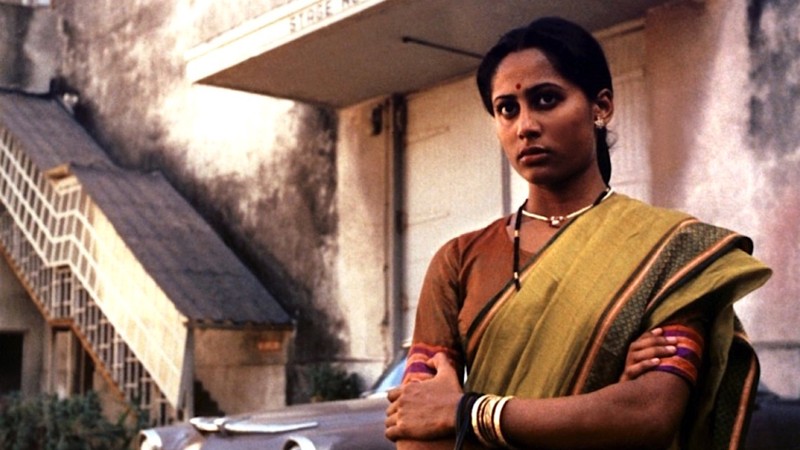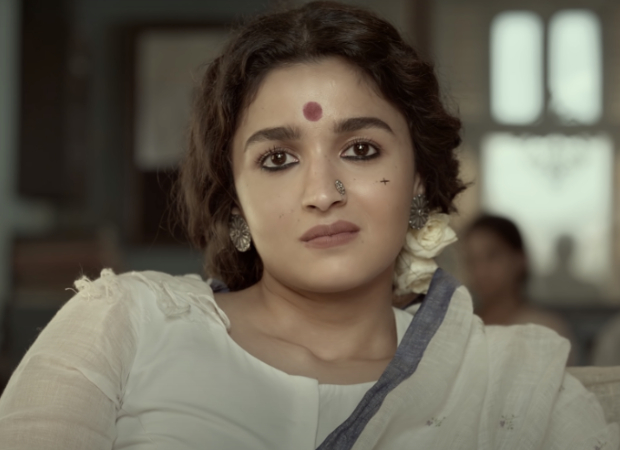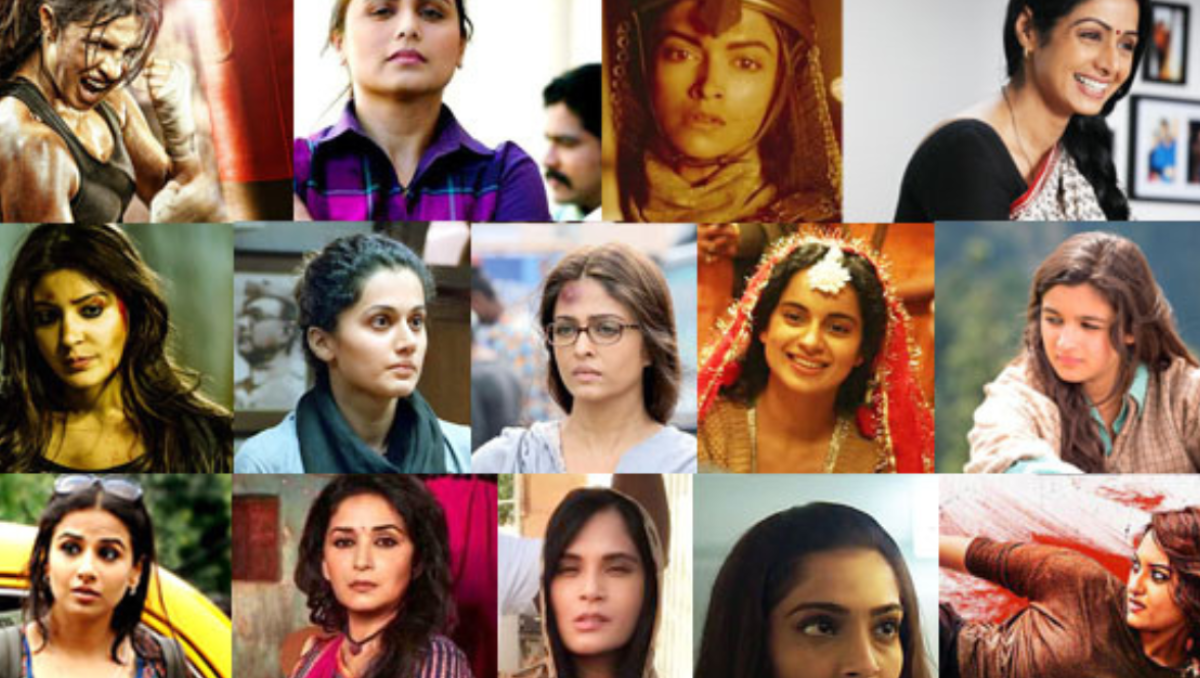
In a recent interview, Bollywood actor Nora Fatehi claimed that feminism has destroyed our society. This sparked the age-old debate centered around feminism. While a section of the audience supports her statement, another group is calling her out for her misinterpretation of feminism.
The feminist women in Bollywood
But this is not the first time that a Bollywood celebrity has shown their concern about society and women while debunking the feminism myth. Bollywood celebrities often mislead and misguide the audience with their vague ideas about the subject.
Generally, Bollywood loves to cast stereotypically beautiful women to play the caricaturish sanskari wife, daughters, or mothers in mainstream films. Those who don’t fit into these roles often become the demonized, westernized, self-centered women who wear small clothes, smoke, and drink, ultimately leading to the destruction of Indian culture.

Image Source: Bollywood Hungama
The feminist films in Bollywood
Since the 1970s, the Sanskari women in Bollywood have depended heavily on the shoulders of the leading hero, embracing femininity and glorifying patriarchal gender norms. In contrast to these “good women,” the bad women were turned into vamps, not following the husband and in-laws as one should.
Despite the hullabaloo about portraying strong women, Bollywood did produce women-centric films. Ironically, most of them showed the lives and struggles of women through male directors lenses. The lack of participation by women in direction and storytelling allowed the audience to ignore the insider’s view.
Bollywood has championed the race to produce the maximum number of films in a year in the world. Though most of these films are profit-oriented, hero-centric mainstream films, these films cast women as the second lead, aka the love interest of the hero. The women contribute very little in these films, other than being rescued by the hero or dancing in various locations. When asked about the lack of women-centric films, the producers often blame the patriarchal social structure the Indian audience follows, stopping them from taking risks and investing money in films that have women as central characters.
Over the years, art-house films have served as the feminist films in Bollywood, adding an alternative voice to the mainstream. Though most of them have outspokenly strong female leads, they used male validation to make them strong. Thus, the audience associated the feminist films with men-hating films, drawing criticism and huge backlash.
The new narrative in Bollywood
However, the narrative is changing. Producers are taking risks to produce feminist films with strong women at the forefront.
This year, the Kareena Kapoor, Tabu, and Kriti Sanon starrer film Crew became the highest opening day grosser for a Hindi female-led film globally.
Films like Laapata Ladies, Gangubai Kathiawadi, and others are championing the cause of creating a new narrative for women on screen.

Image Source : Cinetales
The hate for feminism and everything that’s related to it is not new. Those who disown feminism claim to believe in gender equality, which doesn’t make any sense. What feminist theorists argue is that feminism itself is a belief in gender equality. It’s just the hatred towards the tags that are attached to feminism.
In India, we have an age-old patriarchal structure that we still tend to follow one way or another. It is important to understand that those who hate feminism and equal rights are the ones who benefit from that structure.
Cinema in India has a deep impact on the audience. It’s high time that Bollywood recognized the struggle women go through and the rights feminism has provided over the years. The world is running at a fast pace, and in order to join, we need to catch up together.



